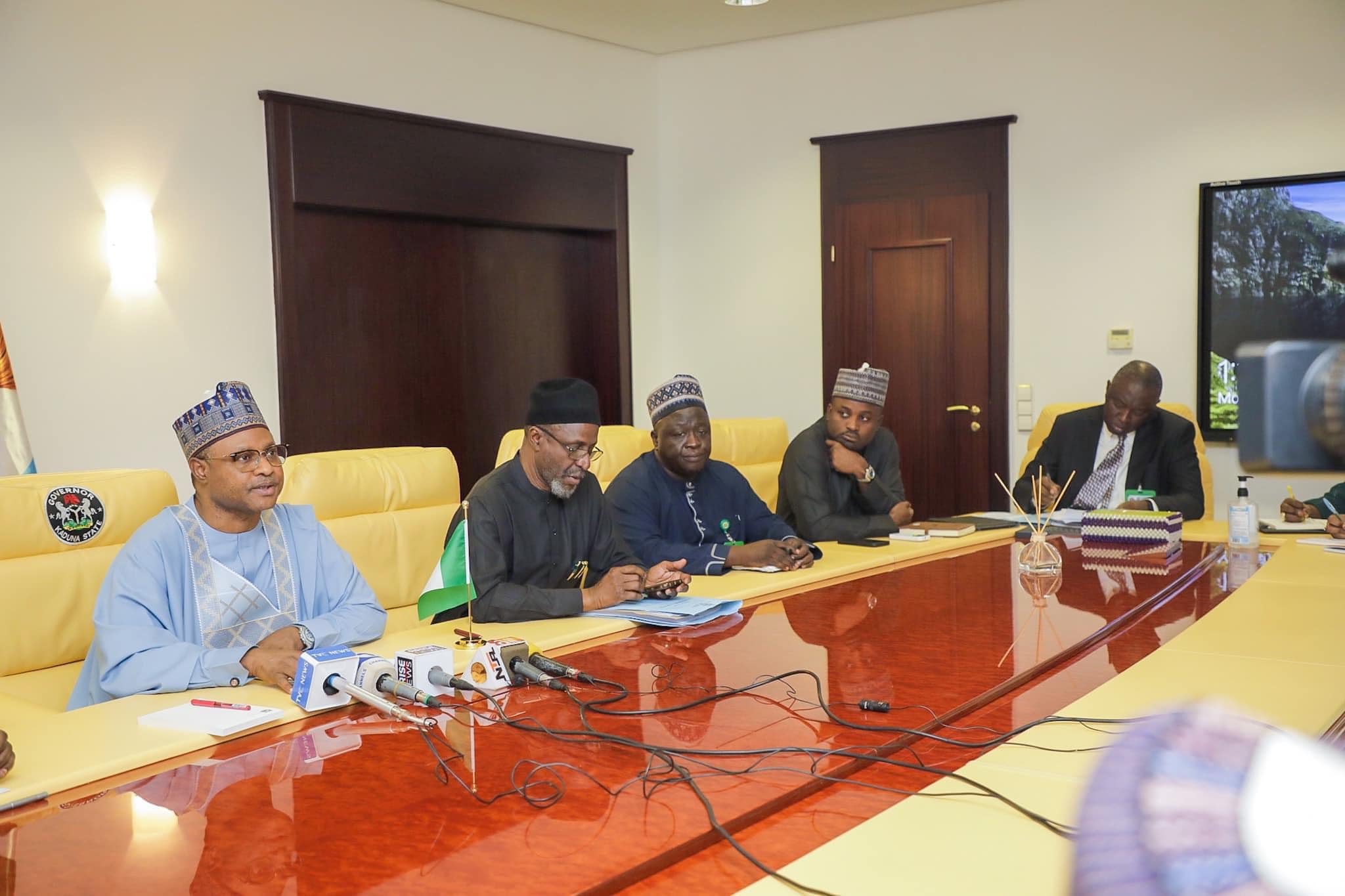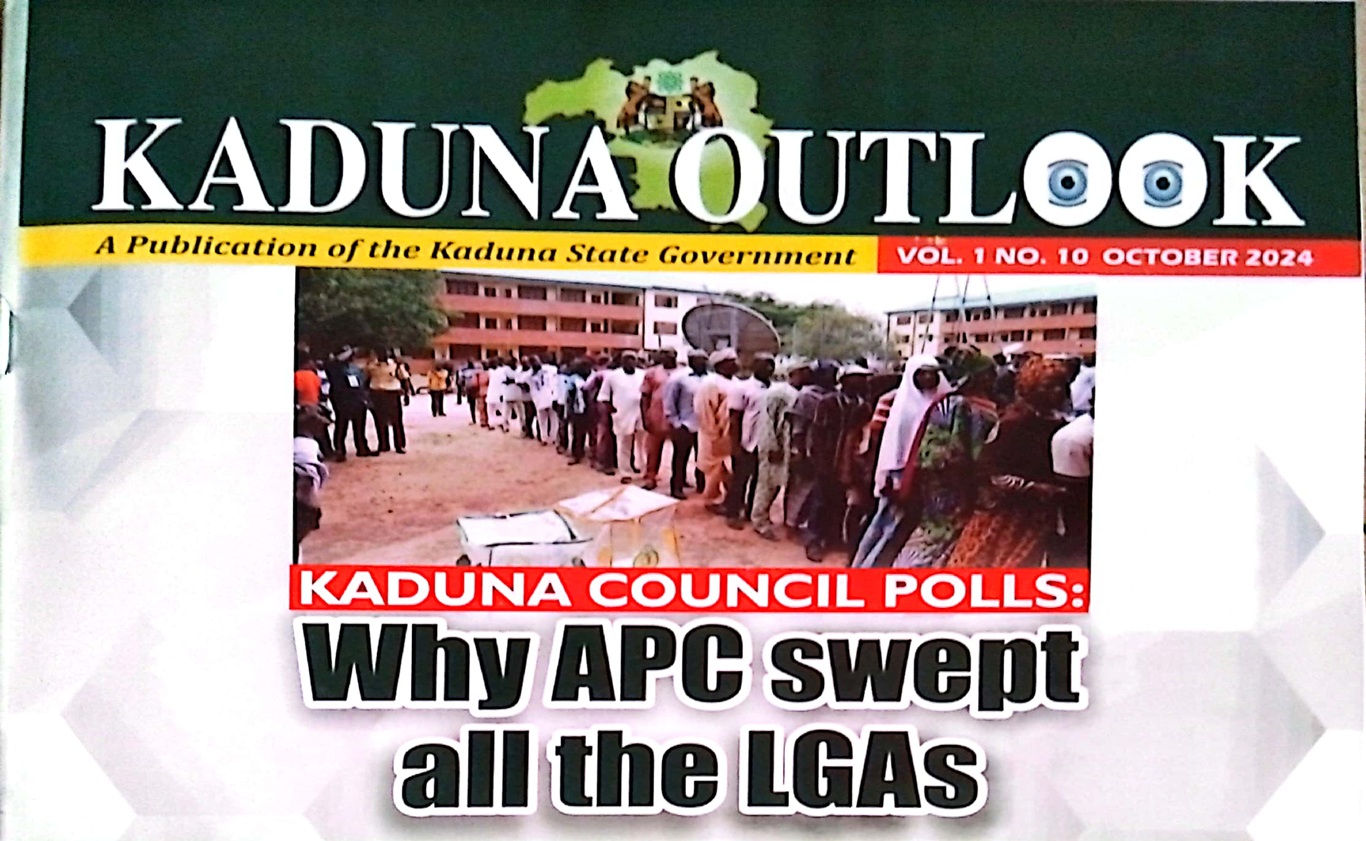By Shuaibu Gimi
It is a fundamental part of the appreciation of the enormity of his new assignment that Governor Uba Sani of Kaduna State has, since he assumed duties on 29th May 2023, never rested. His activities are, in terms of significance and scope, more than what such a tiny period would have ordinarily accommodated.
A combination of his pronouncements and actions is already a solid basis of both the fast-growing public optimism over the future of the state and the apparent readiness of the various groups of stakeholders to serve as government’s reliable partners in the discharge of its functions. The celebration of the first 100 days of the administration, which has just been concluded, was a beautiful opportunity for the people of Kaduna State and other Nigerians to, in various ways, express satisfaction over the efforts of the governor towards the fulfilment of his campaign promises.
“A combination of his pronouncements and actions is already a solid basis of both the fast-growing public optimism over the future of the state and the apparent readiness of the various groups of stakeholders to serve as government’s reliable partners in the discharge of its functions.”
“It is already an established fact that the impressive take-off and initial activities of the new government are manifestations of Governor Sani’s capacity and readiness for a better performance. He has, by being so dutiful, secured for himself a favourable judgement from all well-meaning people.”
All the reports on the event were full of testimonies on what has already been generally perceived as the commitment of the new government to both the consolidation of past gains and execution of the new plans within the context of the seven-point SUSTAIN AGENDA of the administration. The result of the sector-by-sector assessment of the performances of the state government, so far, is the valid reason for which the public confidence in the governor has thickened.
Having earlier, as a gubernatorial candidate, carried out needs assessment, he is surely now well-equipped to address the numerous real concerns of the various communities in the state. The immediacy with which he commenced consultations with several relevant quarters at all levels over the crucial issues of security, peaceful co-existence, and economic development—which have so far resulted in both an increased support for the state government towards the fight against violent crimes and the excessive in-flow of long-term investments—is a full indication of his adequate preparedness for the job.
There certainly, for example, would not have been the ongoing Mass Housing Project in Kaduna from which not less than half a million families will benefit had the governor not embarked on strategic engagement with the investors from the Republic of Qatar through the country’s embassy in Nigeria. A lot of such other advantages either as just proposals or in real terms are obviously products of his result-oriented and therefore laudable initiatives.
Additionally, the reduction of tuition fees by 30 and 50 percent, depending on the courses of study and the institutions, for indigenes in the state-owned advanced schools is, perhaps, the clearest show of absolute responsiveness to people’s complaints and susceptibility to wise counsels. This gesture, as well as the release of over 200 million naira as scholarship grant and the approval for the establishment, in Hunkuyi of Kudan Local Government Area, of an annex of the Kaduna State College of Education Gidan Waya, are effective measures for the increase of people’s access to opportunities for the acquisition of higher education.
If all these are appropriately added to the provision of vital equipment to 290 Primary Health Centers, implementation of the Consolidated Medical Salary Scale for doctors working in the State Ministry of Health, as well as the employment of 89 additional doctors, recruitment of 7,000 able-bodied youths as personnel of the Kaduna State Vigilance Service, and the execution of road projects in various parts of the state, a comprehensive picture of a government that has set out to work for the people will readily emerge.
There are also such other equally fundamental components of the approach of the governor to his assignment as the inclusion of not less than half of the two million vulnerable, underserved, and poor people in the state as beneficiaries of financial services, as well as the expansion of the scopes of commercial engagements, skills acquisition, and revenue generation, all by signing the relevant laws.
It is already an established fact that the impressive take-off and initial activities of the new government are manifestations of Governor Sani’s capacity and readiness for a better performance. He has, by being so dutiful, secured for himself a favourable judgement from all well-meaning people.





